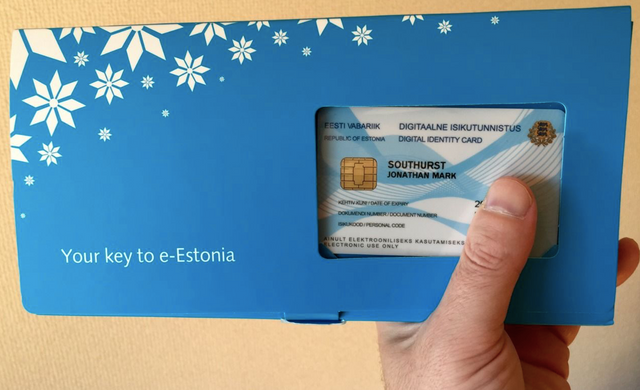10 Blockchain-Friendly Countries
Although blockchain was developed by a person or group of people having quite an anarchic mindset, the constructive potential of this innovation couldn't stay unnoticed by the governments. For years different countries officially support and develop blockchain-based solutions to improve such spheres of life as voting, healthcare, identification, and so on.
Estonia
This country showed huge support for the new technology. It seems that Estonia is going to be the first country to start using national blockchain-based identification system. The E-Estonian Digital Residency program will be utilized for numerous purposes from storing healthcare recordings to court files.
Dubai
Just like Estonia Dubai might become one of the first countries that let DLT become an integral part of the everyday life of the country. All the official documentation is waiting to be moved to the blockchain. More than that, Dubai is going to allow residents paying bills, receiving a visa and renew licenses via DLT.
Switzerland
The Swiss government is working on crypto-friendly regulations. The work has been successful all this time. Switzerland is already offering good conditions for those who raise money, so the country is considered as one of the best places for ICO. The state Cryptocurrency special Task Force is providing the rational and safe course on implementation of cryptocurrencies into the life of the country.
Malta
The local laws provide a friendly environment for crypto projects (nice taxation and company registration policies). Malta is called "Blockchain Island" because the government openly supports the blockchain startups, and several biggest crypto exchanges already expressed an intention to move their headquarters to Malta. Blockchain summits are held on Malta, too.
Singapore
Since late 2016 Monetary Authority of Singapore is partnering with a financial consortium R3 to work together on the proof-of-concept solution that will allow the central bank to process transactions via the blockchain. The cryptocurrency regulations in Singapore are also encouraging the crypto businessmen to work in this country.
It's also worth mentioning that the government runs the UBIN project which is aimed to do the research of use cases of the Distributed Ledger Technology (DLT) in association with clearing and settlement of securities.
Brazil
There are two experimental regions in Brazil (Morro Redondo and Pelotas) where the government is testing the DLT program that keeps public property record data. Another notable initiative is Project uPort. This platform will provide new opportunities for blockchain-based IDs.
South Korea
The government of South Korea is one of the most progressive governments when it comes to the implementation of the blockchain solutions. Currently, the residents of Korea can use the blockchain-based voting system to support community-related projects. The similar project exists in the Japan city of Tsukuba.
The company called Blocko and the Bank of Korea are working on a blockchain-based micropayment system. The Korean companies together with the government are aimed to make the transactions transparent, safe, and comfortable.
United Kingdom
The Archangel project run by the government is a platform for sharing documents (e.g. public archives, etc) via the decentralized DLT.
Australia
Australia is working on the huge project associated with storage and distribution of power. The project is called Powerledger and is curated by Richard Branson. The testings take place in the city of Fremantle. Other state projects are securing welfare payments.
Germany
The German government considers cryptocurrencies as private money, so authorities removed any taxes associated with crypto and Germany became a welcoming place for traders, investors, and crypto startup owners.
Conclusion
There are much more governmental DLT-based initiatives around the world. You can do your research on the cases of Finland, Venezuela, Norway, Spain, Japan, USA, Denmark, Holland, and many others. It's fair to say that all of the powerful countries are already here to make blockchain work for the people. It gives hope that blockchain and similar technologies will be implemented as soon as possible and bring change for the better.


